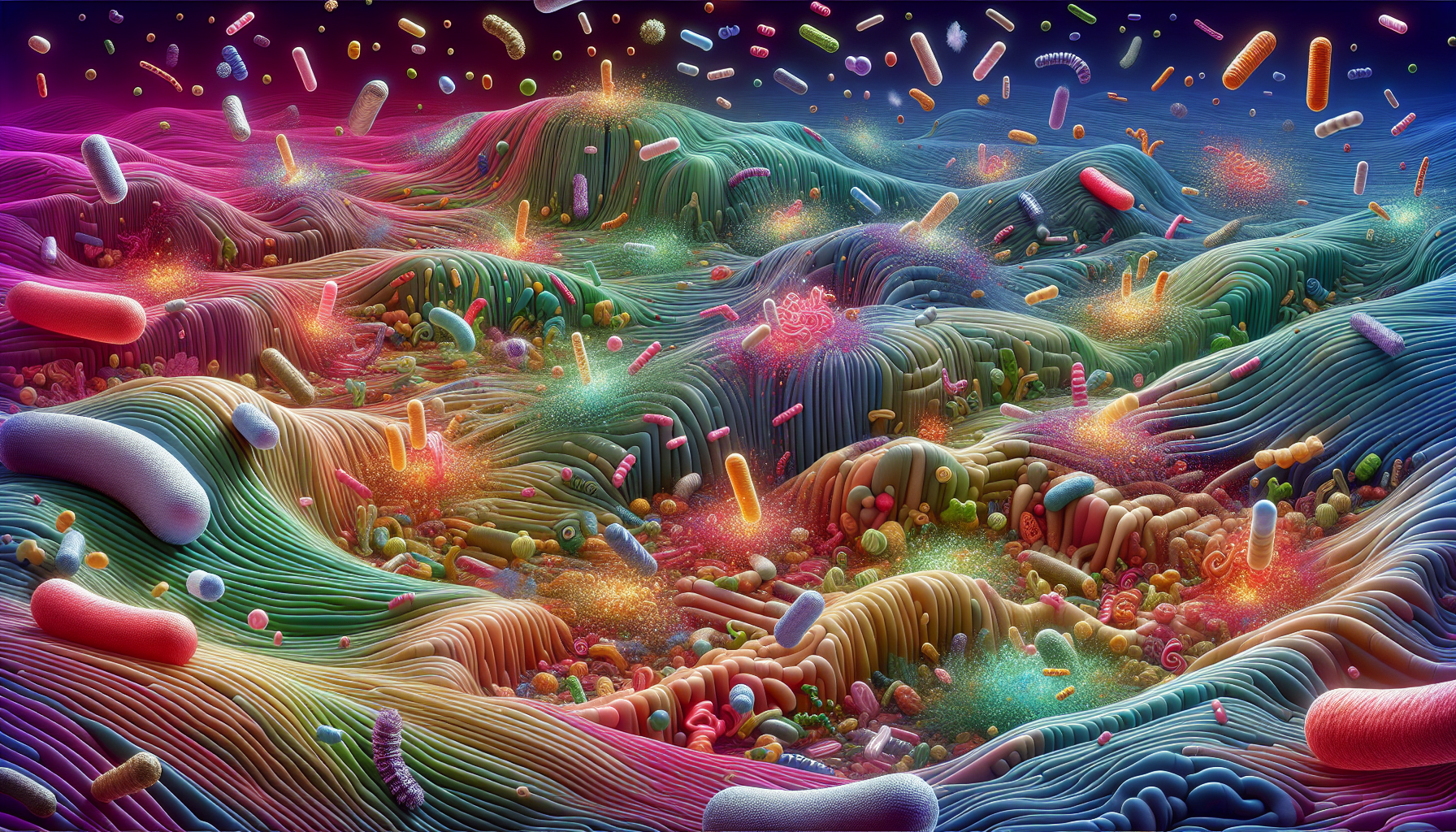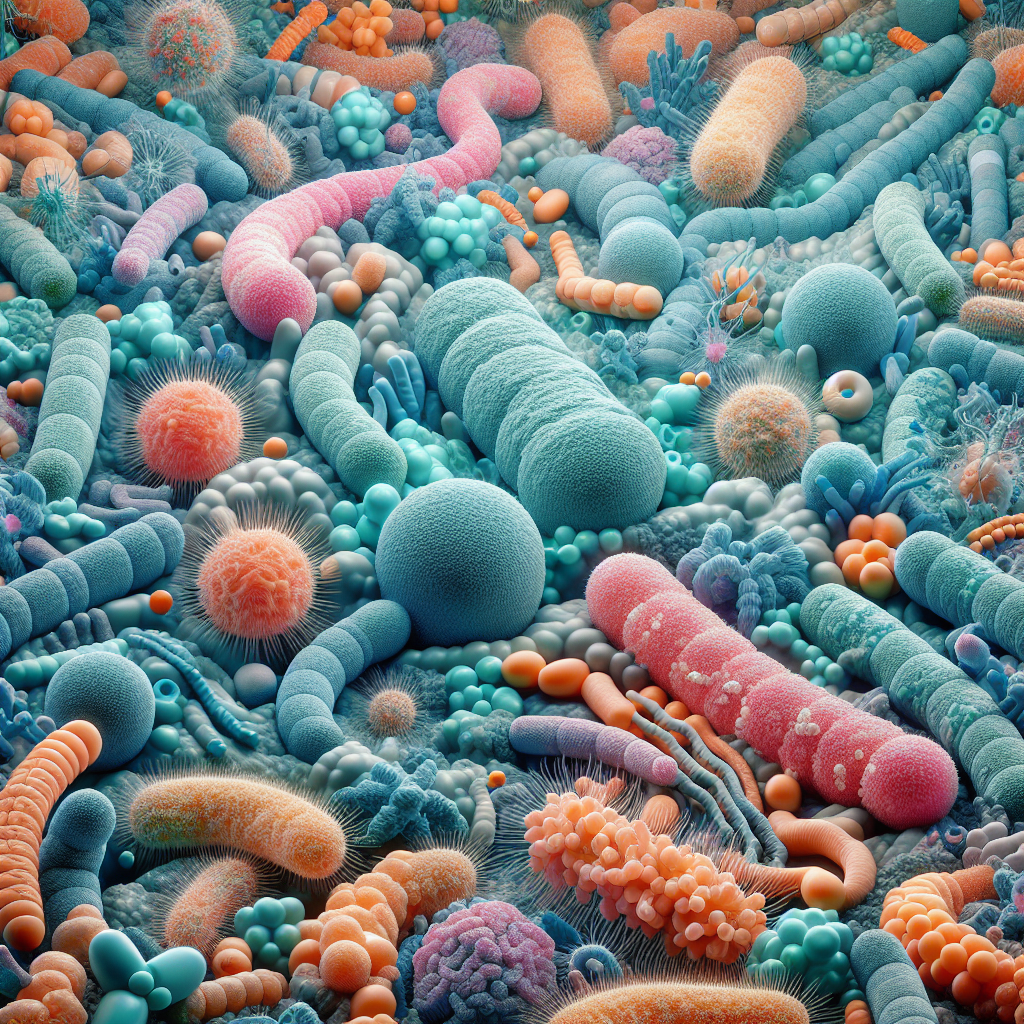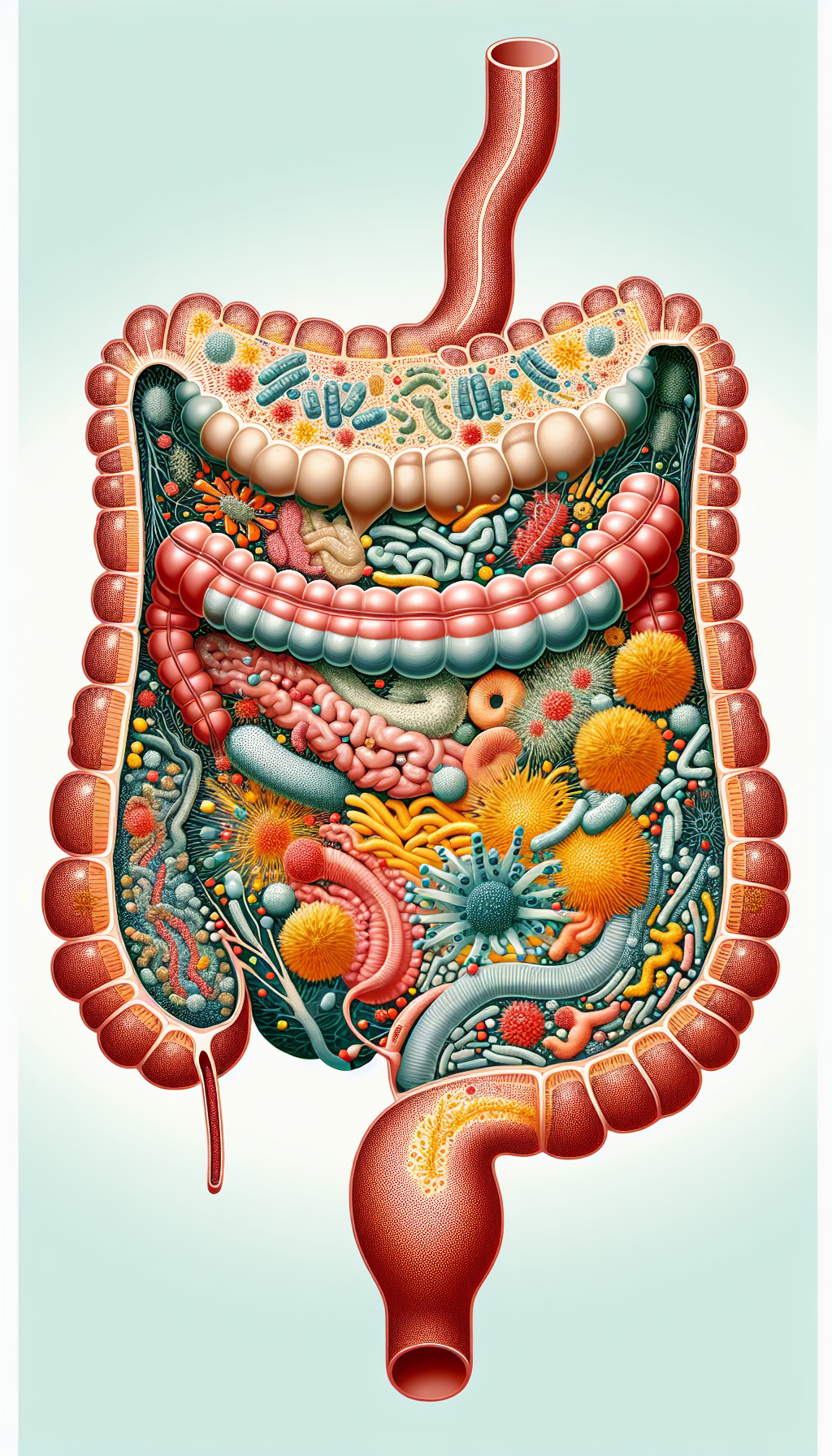Antibiotics have been hailed as one of the greatest medical discoveries of the 20th century, revolutionizing the way we treat bacterial infections. However, their impact extends far beyond the elimination of harmful pathogens. Their use, particularly when excessive or inappropriate, has significant implications for the delicate balance of our gut flora, the complex community of microorganisms living in our digestive system. This article delves into the intricate relationship between antibiotics and gut health, exploring the ramifications of antibiotic use and strategies to mitigate its adverse effects.
Understanding the Microbiome and Antibiotics
The human gut microbiome is a diverse ecosystem, comprising bacteria, viruses, fungi, and other microscopic living things. These microorganisms play a crucial role in various bodily functions, including digestion, nutrient absorption, immune system modulation, and even mental health. Antibiotics, while effective in combating bacterial infections, do not discriminate between harmful pathogens and beneficial bacteria. This non-selective action can lead to a disruption of the microbial balance, known as dysbiosis.
Dysbiosis has been associated with a multitude of health issues. A disrupted microbiome can impair nutrient absorption, a process that is essential for maintaining overall health. For more on this, refer to Understanding the Role of the Microbiome in Nutrient Absorption. Moreover, it is increasingly evident that a healthy gut microbiota is crucial for digestive health, influencing everything from bowel regularity to the prevention of conditions such as Irritable Bowel Syndrome (IBS) and inflammatory bowel disease (IBD).
The Impact of Antibiotic Use on Gut Flora
When antibiotics are introduced into the body, they can cause a reduction in the diversity and number of resident bacteria. This reduction can lead to an overgrowth of resistant bacteria or harmful yeasts, such as Candida. In some cases, this can result in antibiotic-associated diarrhea, where pathogens like Clostridioides difficile can proliferate, causing significant morbidity.
The effects of antibiotics on gut health can extend beyond the immediate aftermath of treatment. Research suggests that even a single course of antibiotics can alter the gut microbiome for up to a year, if not longer. This prolonged effect underscores the importance of considering the necessity of antibiotic prescriptions and exploring alternatives where appropriate.
Strategies to Preserve and Restore Gut Flora
Judicious Use of Antibiotics
Prudent use of antibiotics is the first step in preserving gut health. This includes avoiding antibiotics when they are not necessary, such as for viral infections, and following the prescribed course when they are required.
Probiotics and Prebiotics
To mitigate the impact of antibiotics, the use of probiotics—live beneficial bacteria—and prebiotics—fibers that feed these bacteria—has been suggested. Probiotics can help replenish the gut with healthy bacteria, while prebiotics can support the growth of beneficial microbes already present in the gut. For more on how diet influences gut health, read The Role of Diet in Managing Crohn’s Disease.
Fermented Foods
Incorporating fermented foods into the diet is another method to support gut flora. Foods like yogurt, kefir, sauerkraut, and kimchi are rich in probiotics. Learn more about their benefits in How Fermented Foods Contribute to Gut Health.
Monitoring and Rebalancing
After a course of antibiotics, monitoring gut health and taking steps to rebalance the microbiome is essential. This may include dietary adjustments, such as increasing fiber intake to promote a healthy gut environment.
The Broader Implications of Antibiotic Use
The implications of antibiotic use on gut flora are not isolated to individual health. There is growing concern about the emergence of antibiotic-resistant bacteria, which poses a significant public health risk. Responsible antibiotic use is critical in combating this global threat.
For additional insights into the effects of diet and lifestyle on gut health, consider exploring the impact of artificial sweeteners on digestive health, the significance of alkaline diets, and strategies for managing stress and its effects on colon health through the following resources:
- The Impact of Artificial Sweeteners on Digestive Health
- Significance of Alkaline Diets in Promoting Gut Health
- Evaluating the Impact of Stress on Colon Health
External High-Quality Resources
To further support the points made in this article, consider visiting the following niche and specific resources:
- The Human Microbiome: How It Works + a Diet for Gut Health – Harvard Health Publishing provides an in-depth look at the human microbiome and dietary recommendations for gut health.
- Antibiotic Resistance Threats in the United States – The Centers for Disease Control and Prevention (CDC) offers a comprehensive overview of antibiotic resistance threats.
- Probiotics: What You Need To Know – The National Center for Complementary and Integrative Health (NCCIH) gives detailed information on probiotics.
- Prebiotics and Probiotics: Creating a Healthier You – The Institute of Food Technologists (IFT) discusses how prebiotics and probiotics contribute to health.
- Fermented Foods for Better Gut Health – The Harvard T.H. Chan School of Public Health explains the benefits of fermented foods for gut health.
In conclusion, antibiotics have a profound impact on gut flora, with potential consequences for overall health and well-being. By understanding this relationship and adopting strategies to minimize negative effects, individuals can help maintain a balanced microbiome and contribute to the broader fight against antibiotic resistance. As always, consult healthcare professionals before making significant changes to your health regimen, especially when it concerns antibiotic use and gut health.



